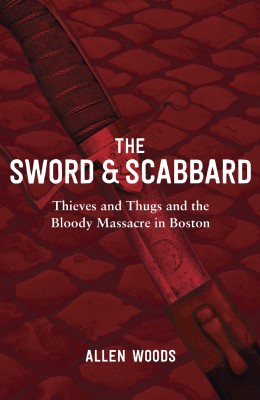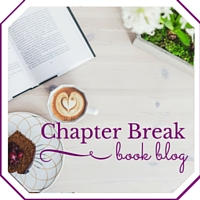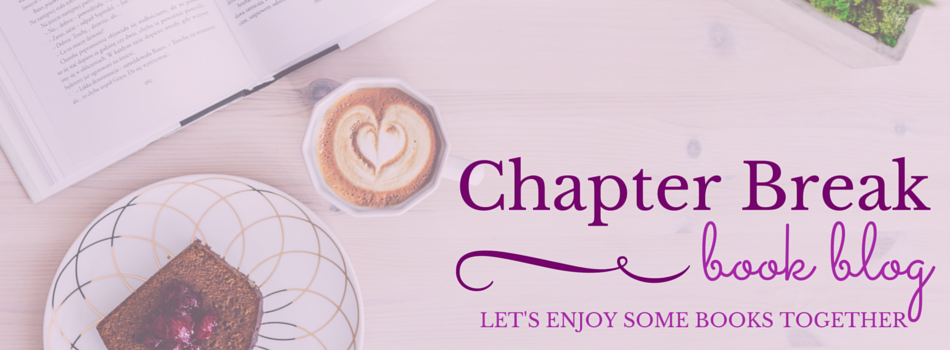Guest Post: The Pain–and the Joy–of Editing Fiction by Allen Woods
It took me several years to complete The Sword and Scabbard, since I was only able to work on it part-time between paid writing projects. When I look back, I realize that a large percentage of that time was spent editing one draft after another. I also believe that every hour was worth it.
I take for granted that fiction writers share some basic attributes: a keen eye for observing people and their mannerisms; a deep pain that propels them to tell a story that somehow reflects or refracts their own; a feel for the rhythms of speech and a love for language; and a skewed perspective that makes their experience of the world unique and interesting.
But all of those things (and more) don’t guarantee even a good short story, let alone a novel. Even the most heart-felt, natural, and impassioned writing usually benefits from editing. It’s the pain of editing that I believe short-circuits the accomplishments of many aspiring writers. In my work on The Sword and Scabbard, I found myself following these guidelines:
Be as harsh as any reader. Readers are usually not overtly harsh, but their actions are. They won’t take the time to send you a note suggesting (or demanding) that you cut out an entire paragraph. Instead, they will simply put down your work and forget it, a harsh punishment but one that fits the crime. If you know down deep that a section, a paragraph, a sentence, or a word isn’t right, you have to work on it until it is. That’s one reason editing can take so much time.
Listen for the rhythms. I believe (or at least hope) that every writer recognizes when his or her own work is good because it has a unique rhythm and flow. I find that I can identify it best when I hear it (in my head) out loud. Scan a paragraph and read it aloud in your mind. You’re not done editing until it sounds just right. This is especially true with dialogue. You should be able to hear your characters talking to each other, and they should sound just as if you were eavesdropping on them. In The Sword and Scabbard, there are probably more arguments than pleasant exchanges, so the rhythms of angry speech were especially important. (If it helps, you can actually read parts out loud to yourself as long as your family or roommates can tolerate it.)
Take time between each session. Another reason editing takes so long is that it’s not a straight-line activity. After struggling to create a few hundred words, I’m not immediately ready to throw out a bunch of them. The same is true after editing something for the first, or tenth, time. I am often just too fond of what I’ve sweated over to admit that it doesn’t work. Even a break overnight can allow your better, more objective judgments to take hold. In some cases, a week, a month, or longer can allow you to see your writing as a harsh reader would.
Don’t stop until you find you’re only quibbling rather than improving. If I go through a passage several times and find that my only inclination is to change a word here or there, and then change it back the next time, then it’s finally time to let it go. Of course every word is important, but you may have a choice of two or three that will suffice, even if each creates a slightly different shade of meaning. In a full-length novel of 110,000 words like The Sword and Scabbard, there are certainly some words I might change, but they don’t require another full round of editing.
Look forward to the joy. Most of what I’ve described above fits in the “pain” category. Where does the joy come in? When you can read the pages and hear your own voice, your own rhythm and flow, and find that your story is told with just enough words but not too many, you’ll smile and nod. They joy of editing fiction increases with each journey through the manuscript, until finally–there it is! Your work has become the story you wanted to tell.
 Title: The Sword and Scabbard: Thieves and Thugs and the Bloody Massacre in Boston
Title: The Sword and Scabbard: Thieves and Thugs and the Bloody Massacre in Boston
Author: Allen Woods
Blurb: The streets and taverns of Boston before “The Bloody Massacre” were filled with brawls and scrapes, hot words and cold calculations. Nicholas Gray and Maggie Magowan run The Sword and Scabbard, a tavern which is home to both criminal and political intrigue. Each is a fugitive from a dangerous past and their relationship grows fitfully in the midst of historic events. They remain suspicious of politicians on both sides of the Atlantic, but are eventually caught in the shadow world where politics and crime meet. In the end, Nicholas faces an agonizing choice between saving himself and crippling the march towards the Revolution.
About the Author
Note: Some posts may contain affiliate links. Should you choose to purchase a product, we will receive a small commission for the sale at no additional cost to you. Chapter Break is a participant in the Amazon Services LLC Associates Program, an affiliate advertising program designed to provide a means for sites to earn advertising fees by advertising and linking to Amazon.com.



This is a great post. These are great tips to keep in mind while writing/editing. Sometimes I feel as though I don’t have enough written to edit – but I edit away. 🙂 I especially liked Woods’ words on rhythm. That is so important in so many ways to a story. 🙂
Thanks for sharing this!
Bookworm Brandee recently posted…Tuesday Teaser ~ #63
That’s good that you edit anyway because that helps continue to perfect your craft 🙂
Great post. My rule? You’re not done editing until you can recite the greatest part of your novel by heart. When you hit that point, you’ve probably done enough. Lol – writing can be such a brutal occupation 🙂
Ramona recently posted…Zen Monday: Rain
Ooh that’s a great rule Ramona! Then you really know you’ve reviewed it so many times that it has to be perfect.